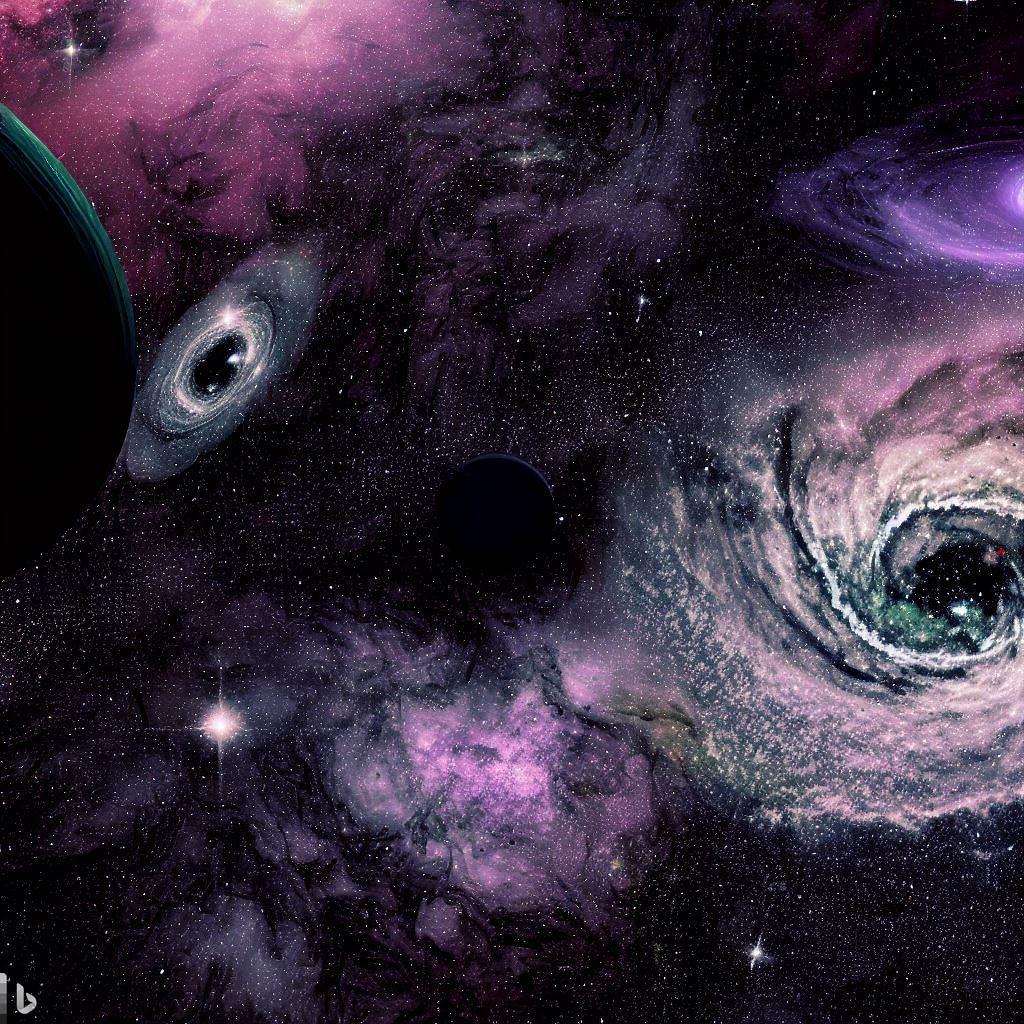Scientists have been searching for life beyond Earth for decades, and recent advancements in technology have made that search more promising than ever before. One of the most important tools in the search for extraterrestrial life is the study of exoplanets, planets that orbit stars other than the sun.
In recent years, telescopes like NASA's Kepler and TESS missions have discovered thousands of exoplanets, many of which are in the habitable zone, the region around a star where temperatures are just right for liquid water to exist on a planet's surface. Water is considered a key ingredient for life as we know it, and the discovery of so many potentially habitable exoplanets has given scientists hope that we may not be alone in the universe.
But finding an exoplanet in the habitable zone is just the first step. Scientists also need to study the planet's atmosphere to determine if it contains the necessary elements for life. One technique used to study exoplanet atmospheres is called transmission spectroscopy, which involves analyzing the light that passes through a planet's atmosphere as it transits in front of its star.

While the search for life on other planets is still in its early stages, scientists remain hopeful that we will one day find evidence of extraterrestrial life. Discovering that we are not alone in the universe would be one of the most significant scientific discoveries of all time.









Add a Comment: